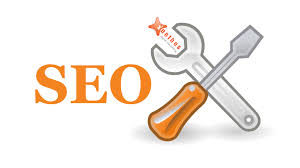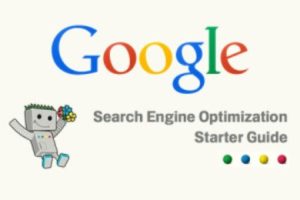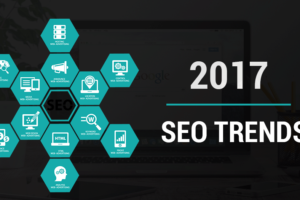8 SEO tools when Optimizing Your Website
Basic search engine optimization or SEO is fundamental. And is also essential. SEO will help you to position your website properly to be found at most critical points in the buying process or when people need your site.
Here we have mentioned eight important SEO tools which helps you to optimize your website. Let us begin with step by step.
Eight important seo tools
Your Website is Like a Cake : Think that your site is like a cake
Your links, paid search, and social media acts as a cooling agent to cakee, but your content, information, architecture, content management system, and infrastructure act as the sugar and both combined makes the cake. Without sugar and icing, your cake is tasteless, boring, and gets thrown in the garbage.
What Search Engines Are Looking For
 Search engines want to do their jobs as best as possible by referring users to websites and content that is the most applicable to what the user is looking for. So how is relevancy determined? The relevancy is determined in the following steps.
Search engines want to do their jobs as best as possible by referring users to websites and content that is the most applicable to what the user is looking for. So how is relevancy determined? The relevancy is determined in the following steps.
Content: It Is determined by theme that is being given, the text on the page, and the titles and descriptions that are given on the site or page.
Performance: How fast is your website and does it work properly?. Loading time should be reduced.
Authority: Does your website have good and sufficient content to link to or do other authoritative websites use your website as reference or cite the information that is available?
User Experience: How does the website look? Is it easy to navigate around? Does it look safe? Does it have a high bounce rate?
What Search Engines are not looking For ?
Search engine spiders only have certain amount of data storage, so if you are performing shady methods or trying to trick them, chances are you are going to hurt yourself in long run. Items the search engines do not want are:
Keyword Stuffing: Overuse of keywords on your pages.
Purchased Links: Buying links would get you nowhere when it comes to SEO, so be warned.
Poor User Experience: Make it easy for user to get around. Too many ads and making it too difficult for the people to find content they are looking for would only increase the bounce rate. If you know your bounce rate it would help to determine other information about your website. For example, if it is 80 % or higher and you have content on your website, chances are something is wrong.
Know Your Business Model
- As this is pretty clear, so many people tend to not sit down and just focus on what their main goals are. Some questions you need to ask yourself are:
- What defines the conversion for you?
- Are you selling eyeballs or impressions or what people click on?
- What are your goals?
- Do you know your assets and liabilities?
Do not Forget to Optimize for the Multi-Channels or social media
Keyword strategy is not only important to implement the on-site, but should expand to other off-site platforms, which is why you should also be thinking about multi-channel optimization. These multi-channel platforms include:
- Offline, such as radio and TV ads
Being consistent with the keyword phrases within these platforms will not only help your branding efforts, but also train users to use specific phrases you are optimizing for.
Be Consistent With the Domain Names
Domain naming is so important to your overall foundation, so as best practice you are better off using sub-directory root domains for example.com/awesome versus sub-domains awesome.example.com. Some other best practices with the domain names are:
Consistent Domains: If you type in www.example.com, but then your type in just example.com and the “www” does not redirect to www.example.com, that means the search engines are seeing two different sites. This isn’t effective for your overall SEO efforts as it will dilute your inbound links, as external sites will be linking to www.example.com and example.com.
Keep it Old School: Old domains are better than new ones, but if you are buying an old domain, make sure that the previous owner didn’t do anything shady to cause the domain to get penalized.
Keywords in URL: Having keywords you are trying to rank for in your domain would only help your overall efforts.
Optimizing for the Different Types of Results
In addition to optimizing for desktop experience, make sure to focus on mobile and tablet optimization as well as other media.
Create rich media content like video, as it is easier to get a video to rank on first page than it is to get a plain text page to rank.
Optimize your non-text content so search engines can see it. If your website uses Flash or PDFs, make sure you read up on latest best practices so search engines can crawl that content and give your site credit for it.
Focus on Your Meta Data Too
Your content on your website should have the title tags and meta descriptions.
Meta keywords are pretty much ignored by the search engines nowadays, but if you still use them, make sure it talks specifically to that page and that it is also formatted correctly.
Your meta description should be unique and also speak to that specific page. Duplicate meta descriptions from page to page will not get you anywhere.
Title tags should also be unique. Think your title as a 4 to 8 word ad, so do your best to attract the reader so they want to click and read more.
Conclusion
You should always keep the SEO in forefront of your mind, and always follow the best practices. Skipping the basics of SEO would only leave your website’s foundation mess and prevent you from the fully maximizing revenue opportunities.




